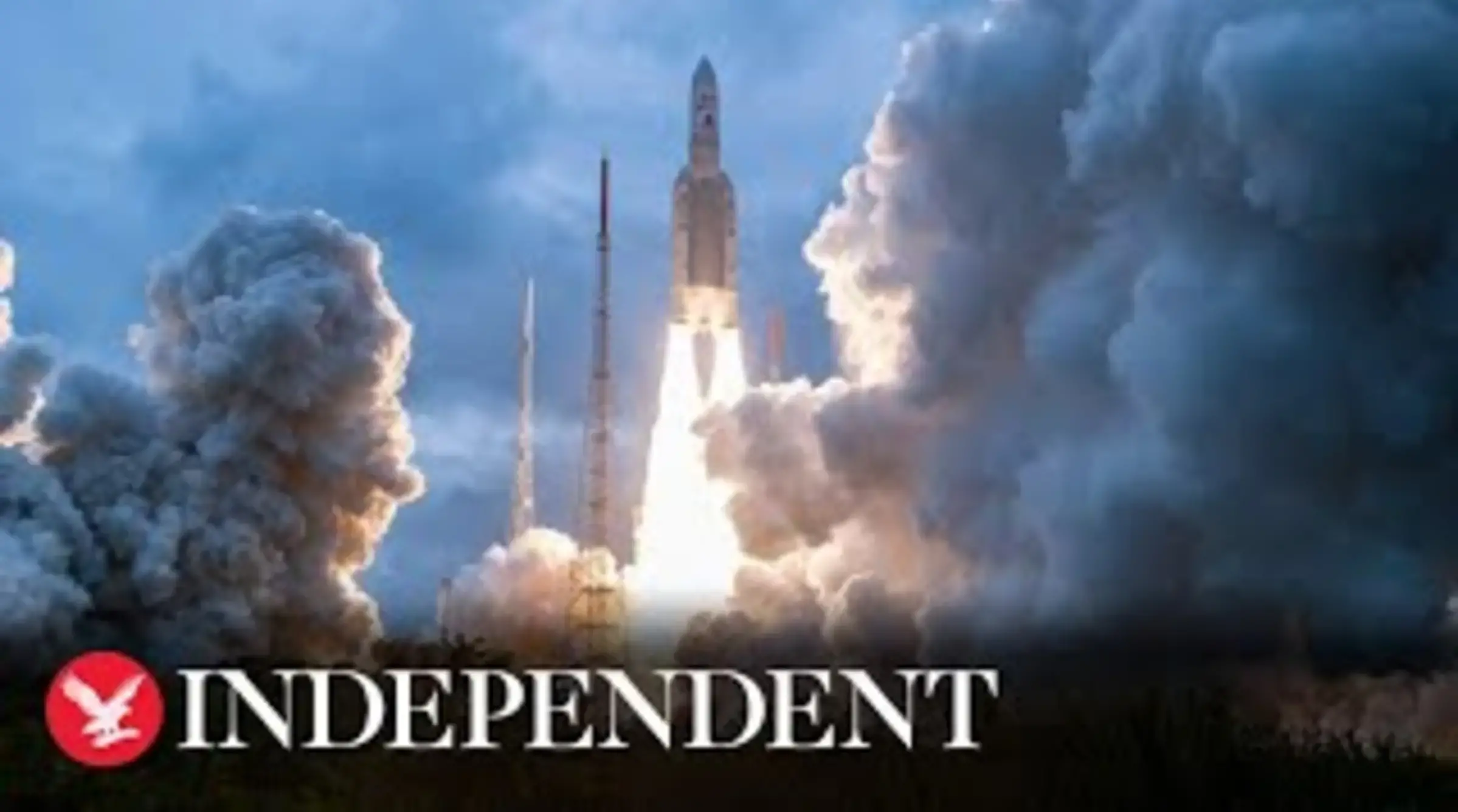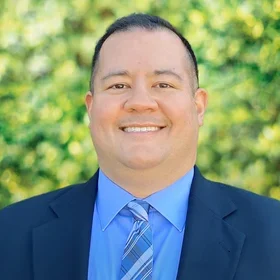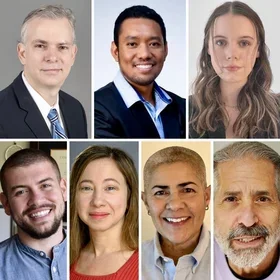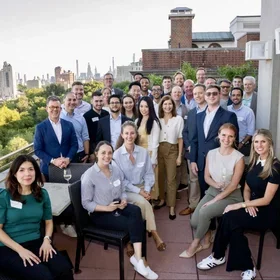On December 25, the James Webb Space Telescope was successfully launched on an Ariane 5 rocket out of French Guiana in South America. The spacecraft is on a trajectory to travel one million miles from Earth and serve as the newest space observatory between the American, European and Canadian space agencies. The School of Professional Studies invites two NASA leaders to discuss the agile approaches, state-of-the-art knowledge sharing, and highly motivated teams required for such a large, complex project.
On January 26, Gregory Robinson, Program Director of the NASA James Webb Space Telescope and Lecturer in Columbia's M.S. in Information and Knowledge Strategy program (IKNS), joins his colleague Ed Hoffman Ph.D., IKNS Lecturer and NASA's former Chief Knowledge Officer, to discuss the successful telescope launch, as well as how agility factors into designing global, complex missions. The panel also includes Columbia IKNS alumnae Aseel Buhaji, '20SPS, the Head of Global Knowledge Transfer at Abu Dhabi Early Childhood Authority, and Tameka Vasquez, '16SPS, who is Head of Marketing at Sidewalk Labs, an Alphabet Company.
Part of a series of expert events at Columbia SPS, Agility 2.0, the January 26th event will focus on the role of knowledge strategy and team management when designing and leading complex projects, a hallmark of Columbia’s IKNS curriculum: Does the driving force of such a complex mission be traced to the agility of an individual leader or trailblazer? Or does it rely on multiple stakeholders at different hierarchy-levels—necessitating the entire organization to be agile? How do you best lead large, highly complex projects, especially when there are no clear answers, yet pressure for results? To what extent should effective leaders communicate rapidly changing circumstances—or is a sense of confidence and stability equally important for everyone involved to perform well? How does one ensure that global and complex projects become engines of societal learning and knowledge?
RSVP for "Learning Agility: Missions for Climate, Childhood, and Social Change," the second event in our Agility 2.0 series, to engage these questions during a discussion with our experts and participant Q&A.



